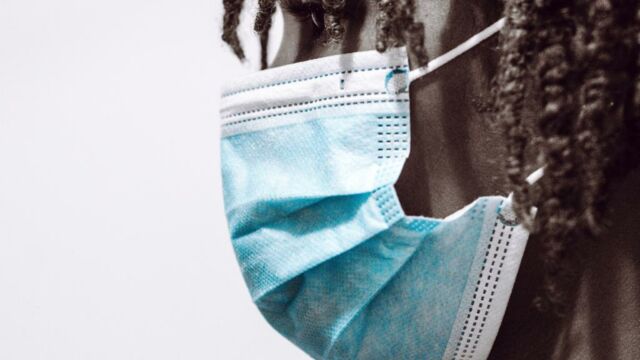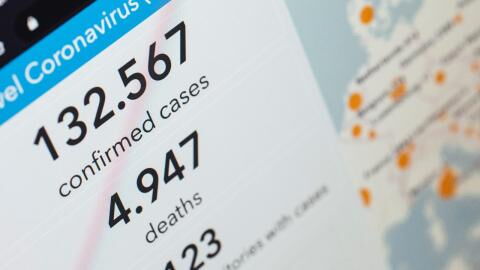With more than 7,000 new coronavirus cases recorded yesterday, June 9, in the UK, the likeliest outcome for the upcoming unlocking later this month will be a mix-and-match approach in which certain restrictions are eased off while others will remain in place.
Discover our latest podcast
Some restrictions to remain in place
According to scientists, ministers and the PM himself, the most effective way of ensuring the containment of the virus is to extend certain restrictions for at least three to four more weeks. These would include, wearing face coverings and working from home when possible at the very least. During a meeting at the G7 summit in Cornwall, Mr Johnson said:
What everybody can see very clearly is that cases are going up and in some places hospitalisations are going up. What we need to assess is the extent to which the vaccine rollout, which has been phenomenal, has built up enough protection in the population in order for us to go ahead to the next stage.
And added:
So that is what we will be looking at and there are arguments being made one way or another. But we will be driven by the data, we will be looking at that and setting it out on Monday.
However, officials are looking for ways of pleasing both the PM's instinct of taking further precautions and the general public's need for a return back to normalcy. As a result, Boris Johnson also mentioned that other currently imposed restrictions such as the number of attendees allowed at weddings, christenings and bar mitzvahs—which is currently set at 30 guests—would be relaxed.
A possible third wave?
As it stands, the Delta variant is said to be at least 60% more transmissible than the previous predominant Kent strain which was most responsible for the devastating second wave last winter. Professor Ferguson, epidemiologist at Imperial College London, who has consulted with the government throughout the pandemic explained that:
It's well within the possibility that we could see another, third, wave at least comparable in terms of hospitalisations, as the second wave. At least deaths, I think, would certainly be lower. It's hard to judge.















